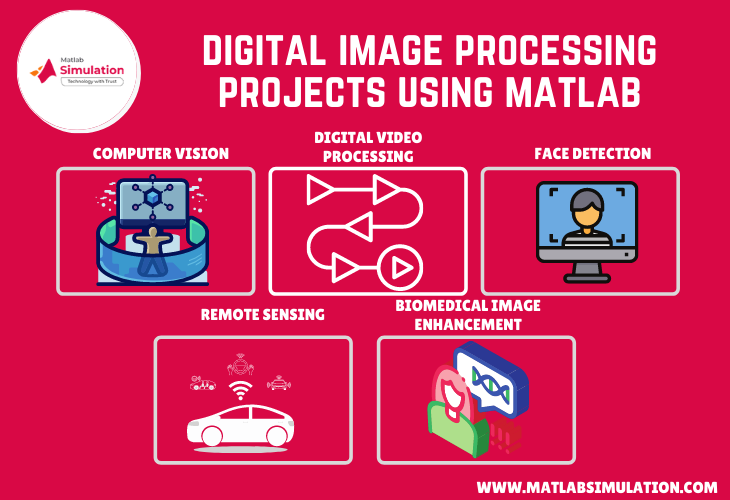Digital Image Processing: Transforming Pixels into Meaningful Insights

Introduction to Digital Image Processing:
Digital image processing is a multidisciplinary field that revolves around the manipulation, enhancement, and analysis of digital images using computer algorithms. It plays a pivotal role in today's visual-centric world, enabling us to extract valuable information from images, improve visual quality, and gain deeper insights into various domains.
Image Enhancement Techniques:
Image enhancement is a fundamental aspect of digital image processing. It involves applying algorithms to improve the visual quality of images by adjusting brightness, contrast, sharpness, and color balance. Image enhancement techniques play a vital role in photography, medical imaging, and satellite imagery, enhancing the interpretability and aesthetics of visual data.
Applications in Photography:
In the realm of photography, digital image processing has revolutionized the way images are captured, edited, and shared. Image editing software empowers photographers to retouch, enhance, and manipulate images to achieve desired artistic effects. From removing imperfections to creating stunning visual compositions, digital image processing has become an integral part of the modern photography workflow.
Medical Imaging Advancements:
Digital image processing has significantly advanced medical imaging techniques, allowing for non-invasive diagnosis and treatment planning. In radiology, computed tomography (CT) scans and magnetic resonance imaging (MRI) employ sophisticated algorithms to reconstruct detailed 3D images of internal body structures, aiding in the detection and evaluation of medical conditions.
Remote Sensing and Earth Observation:
Satellite and aerial imagery captured for remote sensing purposes undergo extensive digital image processing. Algorithms are used to correct distortions, remove noise, and enhance specific features in the images. This processed data is invaluable for monitoring environmental changes, crop health, urban planning, disaster response, and climate studies.
Role in Artificial Intelligence and Computer Vision:
Digital image processing forms the foundation of computer vision and artificial intelligence applications. Algorithms analyze images to identify objects, detect patterns, and recognize faces, enabling machines to perceive and interpret visual information. From autonomous vehicles to facial recognition systems, digital image processing is driving the evolution of AI-powered technologies.
Challenges and Future Perspectives:
While digital image processing has opened up vast opportunities, it also presents challenges related to data privacy, image manipulation, and algorithm biases. Researchers and practitioners are continuously working to address these issues and ensure responsible use of image processing technologies.
Conclusion:
Digital image processing is a dynamic and transformative field that has reshaped the way we interact with images and visual information. From enhancing photographs to diagnosing medical conditions and advancing AI applications, its impact spans diverse domains. As technology continues to evolve, digital image processing will remain at the forefront of innovation, propelling us into a future where pixels become gateways to meaningful insights and understanding.
523 0 7
Write a Comments
* Be the first to Make Comment















